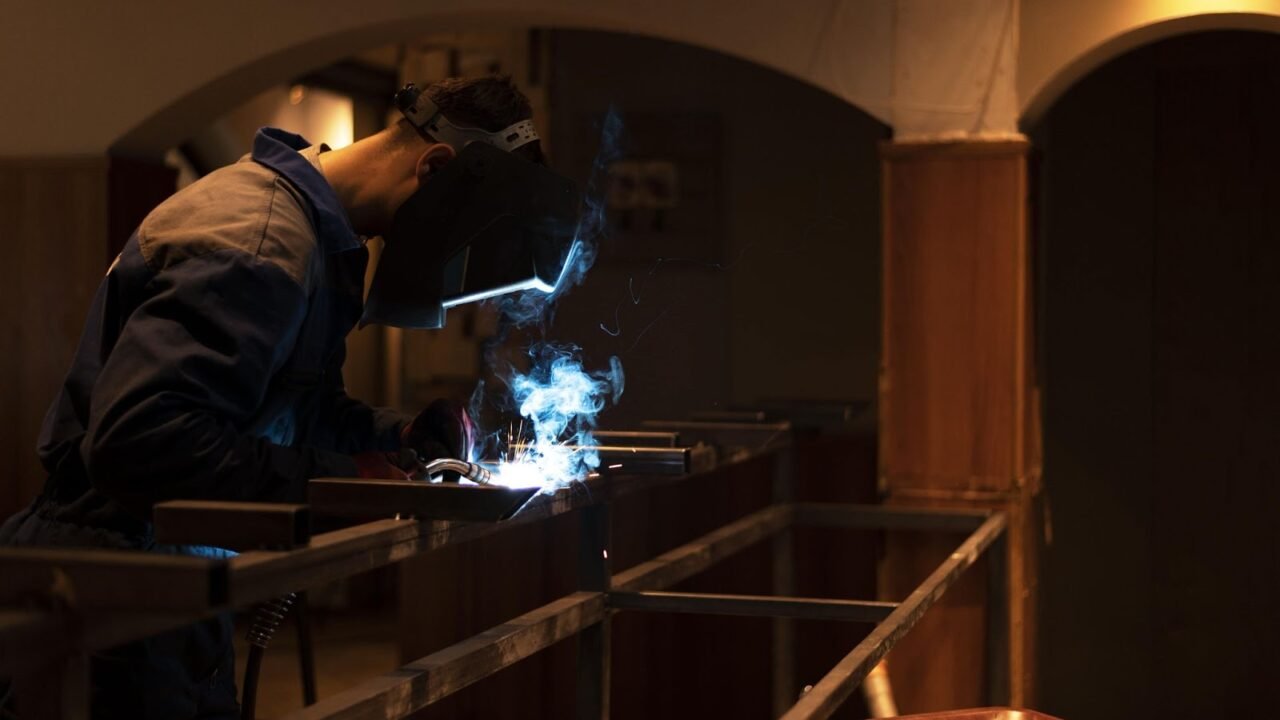Wound care is a medical specialty focused on treating non-healing wounds. It is crucial for smooth recovery and lowering the risk of infection after various surgeries. If proper care is not given to surgery, it can cause serious issues.
As you know, breast augmentation surgery is gaining popularity day by day. According to the latest cosmetic surgery statistics, over 300,000 US women undergo breast augmentation annually to enhance their breast size and shape. But breast surgery recovery is a necessary part of every breast procedure. One of the things you should be cautious about is infections. You can follow these tips to prevent these infections after breast surgery.
Key Signs of Infection to Monitor After Breast Augmentation
Early identification can greatly impact the success or failure of infection management. Women who have recently experienced breast augmentation should examine the surgical area daily for indications of infection, including soreness, pain, or uncommon drainage.
A high temperature is another warning sign of illness that should not be overlooked. Patients should call the healthcare professional immediately for advice if notice anything unusual.
Diagnostic Procedures for Infection Detection after Breast Augmentation Surgery
Breast surgery involves the removal of breast tissue, which can lead to bruising at the incision site and surrounding areas. However, it can indicate an infection if you observe extreme redness, particularly at the incision site.
Detecting an infection can be a difficult process. An infection can occur on the skin’s surface or deep inside a breast implant. A superficial surgery site infection is another possibility. A complete medical checkup is required, which may involve swabs of discharge, white blood cell count, or blood culture. An ultrasound may also check for fluid accumulation around the implant or other problems.
Avoiding Wound Infection After Breast Augmentation Surgery
You should avoid putting creams, ointments, or dressings on the wound during its healing process. Also, avoid perfumed products like shower gels, soaps, talc, and body lotions for the first three weeks until the wound has fully healed and the glue has disappeared.
After the incision heals, you can return to using your regular products. Avoid using deodorants for axilla wounds until the wound has fully healed. You can purchase certain deodorants free of scent after surgery;
Proper Wound Care after Breast Augmentation Surgery
The patient is scheduled to return to their surgeon within a few days for the removal of the drainage tubes. Any stitches can be removed within two weeks after operation. If your cuts are covered with surgical adhesive, they don’t need to be removed and will fade off.
Keep the bandages or glue strips on your incisions as long as your surgeon instructs. Make sure you have additional dressings in case you need them. You should change them regularly. You should also keep the incision areas clean, dry, and covered. Look for infection symptoms like redness, soreness, or discharge every day.
Once you no longer need dressings, wear a soft, wireless, supportive bra every day for two to four weeks. After two days, you can shower if your drainage tubes have been removed. Avoid bathing, hot tubing, or swimming until stitches and drains are removed and your doctor approves it.
Moreover, fading incision scars may take several months to more than a year. Follow your wound care doctor instructions on how to care for the scars to lessen their appearance. Protect your wounds with a powerful sunscreen (SPF 30 or higher) whenever you are in the sunlight.
Lifestyle Choices for Infection Prevention After Breast Augmentation Surgery
Water consumption is crucial for your body’s health, even more so after plastic surgery. Drinking plenty of water helps speed healing and prevents infections from spreading into your surgical site.
You should also eat healthy foods that boost your immune system and maintain your physical and mental health. Additionally, following plastic surgery, it’s crucial to quit smoking and avoid alcohol consumption, as it can slough off blood and impede the healing process.






